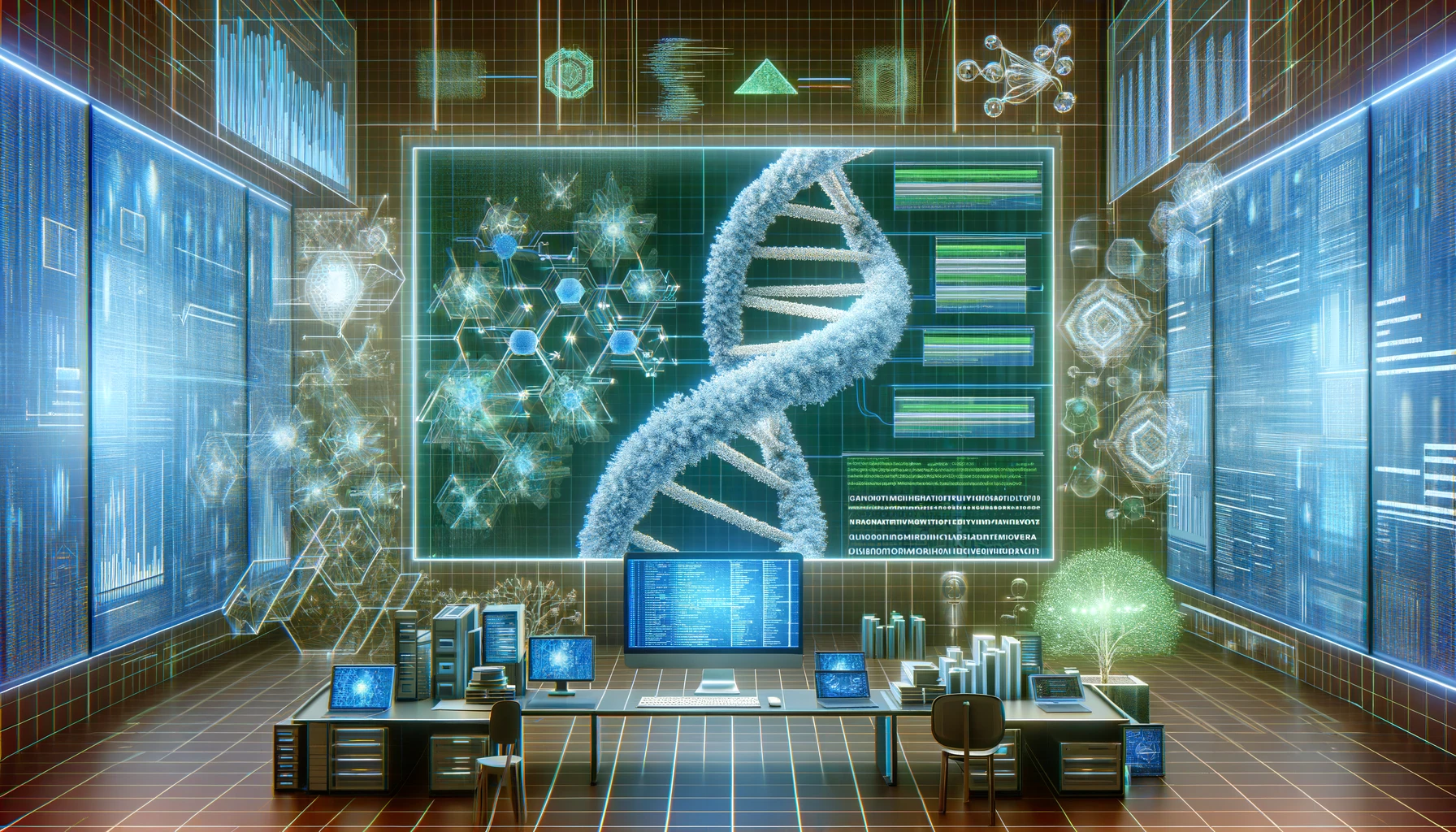Introduction to Genetic Algorithms
Genetic algorithms (GAs) are a class of evolutionary algorithms that mimic the process of natural selection to solve optimization and search problems. By implementing operations such as mutation, crossover, and selection, usually attached to an outcome scoring method, these algorithms evolve populations of solutions towards increased fitness in relation to a defined objective.
An Early Example of Genetic Algorithms
The foundation of genetic algorithms was established in the 1960s by John Holland, an early computer scientist whose alma maters include MIT. An early application of GAs can be observed in optimizing the "traveling salesman problem", a pivotal step demonstrating the capability of GAs to tackle complex optimization tasks efficiently.
Genetic Algorithms in Computer Science
Within computer science, genetic algorithms are used extensively for solving computationally hard problems and optimizing algorithms. From a programming standpoint, GAs enable developers to approach problem-solving in a novel manner, where solutions evolve iteratively. Developers use GAs to optimize code performance, automate decision-making processes, and solve problems where traditional approaches might fall short.
Application in Games: Tic-Tac-Toe
A fascinating application of genetic algorithms is in game strategy development, such as for tic-tac-toe. By auto-simulating generations of gameplay and selecting for winning strategies, a genetic algorithm can evolve highly effective game-playing agents. These agents learn and adapt strategies over time, improving their gameplay against human or computer opponents without being explicitly programmed with any specific tactics or moves.
Modern Applications of Genetic Algorithms
Nowadays, genetic algorithms are applied across various domains, including machine learning, engineering, and design optimization. For instance, in engineering, GAs facilitate the discovery of innovative design solutions, balancing multiple constraints and objectives to achieve optimal results.
Relevance in Today's AI Landscape
In the current AI domain, genetic algorithms play a crucial role, particularly in generative AI. They aid in optimizing neural networks, vector search, innovating algorithm structures, and contributing to areas like image generation. Their agility in exploring complex solution spaces and optimizing various parameters underscores their utility in enhancing AI models and generative processes.
